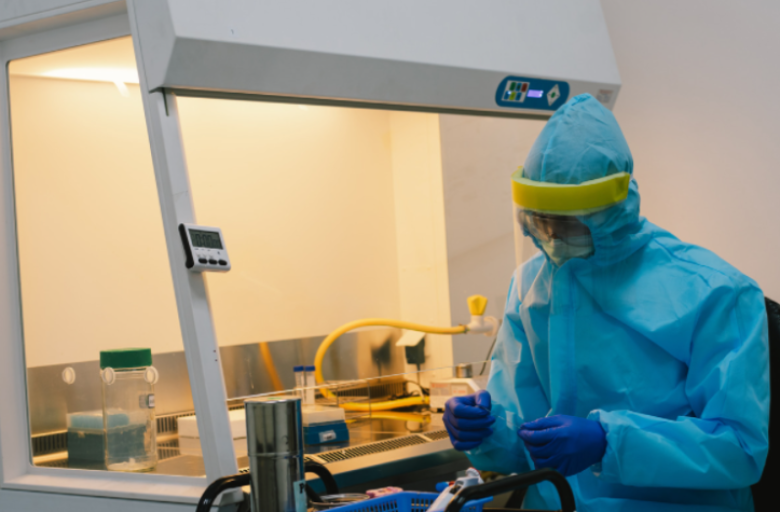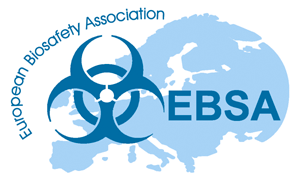Past EBSA courses
-
 18 April 2023
18 April 2023Pre conference course A. The holy grail in biosafety: risk assessment
AthensRead moreEven though national and international regulations provide a framework on how to work safely with a certain pathogen or hazard, specific risk assessments are indispensable to identify appropriate safety measures to ensure that the risk associated with working with biological agents is on an acceptable level. This course will set out the principles of a risk assessment process, addressing the definition of key steps, risk evaluation and identification of high-risk laboratory procedures or selection of risk control measures.
-
 16 March 2023
16 March 2023Recent developments in plant genetic engineering technology
Read moreThe online course will provide an up-to-date overview of the use of modern targeted genetic engineering technology in plants, focusing on the CRISPR/Cas system. It provides an overview of the different methods used, the types of genetic and epigenetic modifications that can be achieved, their applications and consequences. The consequences will also be discussed in the GMO regulatory context and with regards to potential risks and uncertainties.
-
 08 November 2022
08 November 2022Managing infectious aerosols in a laboratory setting: Lessons learned from COVID-19
Read moreThis online course will describe how aerosols are formed and infect people.
The types of equipment to generate and measure aerosols will be described as will a review of information used to inform risk assessments for the generation and spread of aerosols.
-
 20 September 2022
20 September 2022Chemical disinfectants used in laboratories: efficacy spectrum and regulation of their use
Read moreThis online course is aimed at offering recommendations regarding the choice of the disinfectant as a function of the material to be treated. Limits of the use of disinfectants will be described, with emphasis on the development of resistance and thus the need to be (re)validated regularly. The other part of the course will focus on the biocide legislation and the regulation of biocides.
-
 18 May 2022
18 May 2022Pre conference course C. Working Safely in the Biosafety Cabinet (½ day)
GhentRead moreThe biosafety cabinet (class II) is the most important and most widely used primary barrier in the microbiological and biomedical laboratory (BSL-2, BSL-3, and BSL-4).
Check all details here -
 18 May 2022
18 May 2022Pre conference course I. Moving on without leaving a trace - decommissioning in practice (1 day)
Read moreCheck all details here
-
 18 May 2022
18 May 2022Pre conference course E. How to convince and influence for biosafety and security (1 day)
GentbruggeRead moreTo shape the attitude of non-experts towards the risks of infectious disease, it is not sufficient to just ‘tell the facts’. The way the information is presented and the source credibility of the organisation are crucially importan. Unfortunately, in many cases the importance of these factors is underestimated. What can (governmental) organisations do to effectively shape the perception?
Check all details here -
 17 May 2022
17 May 2022Pre conference course G. (Bio)containment of GM plants - from Green Houses to Field Trials (1 ½ day, afternoon 17.05, 18.05)
GentbruggeRead moreCheck all details here
-
 17 May 2022
17 May 2022Pre conference course H. Biological Waste handling (validation, technical aspects) (2 days)
GentbruggeRead moreWaste management is a topic of interest to all facilities who manage biological agents, no matter how large or small, private or public; but mostly it is not seen as a very exciting or sexy topic.
Check out the details for this course
